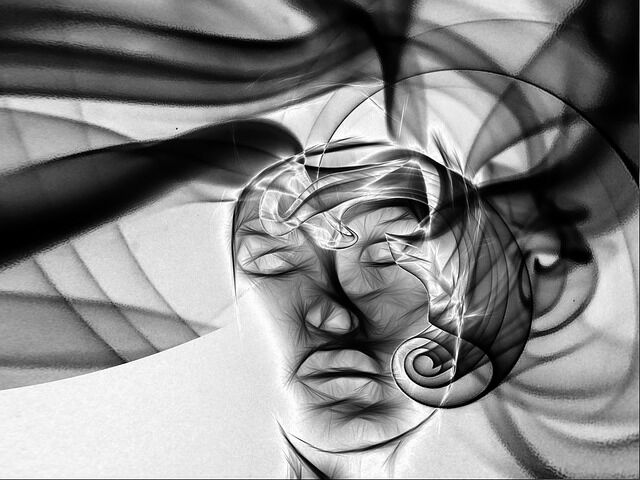Discovering Mister Rogers
Years ago I discovered I am a happier being if I don’t watch or listen to the news. Events and news frequently filters through through despite my efforts. Sometimes as a balance to all the woeful news it is good to be reminded of the wonderful side of human beans. My reminder this week came when I saw on an article on Atlas Obscura entitled “The Grave of Mister Rogers”. It reminded me I had discovered some of the wonderful things Mister Rogers had said and saved it for an article ‘one day’. This week seems a good time, and today is that ‘one day’. What’s all this got to do with brain injury. Nothing specifically - yet a lot really. Many of the quotes I have read describe empathy, compassion, tolerance, acceptance, being non-judgemental. All attributes which would serve us well - brain injury or not. Confession – until stumbling across the articles a few years ago I had not…


